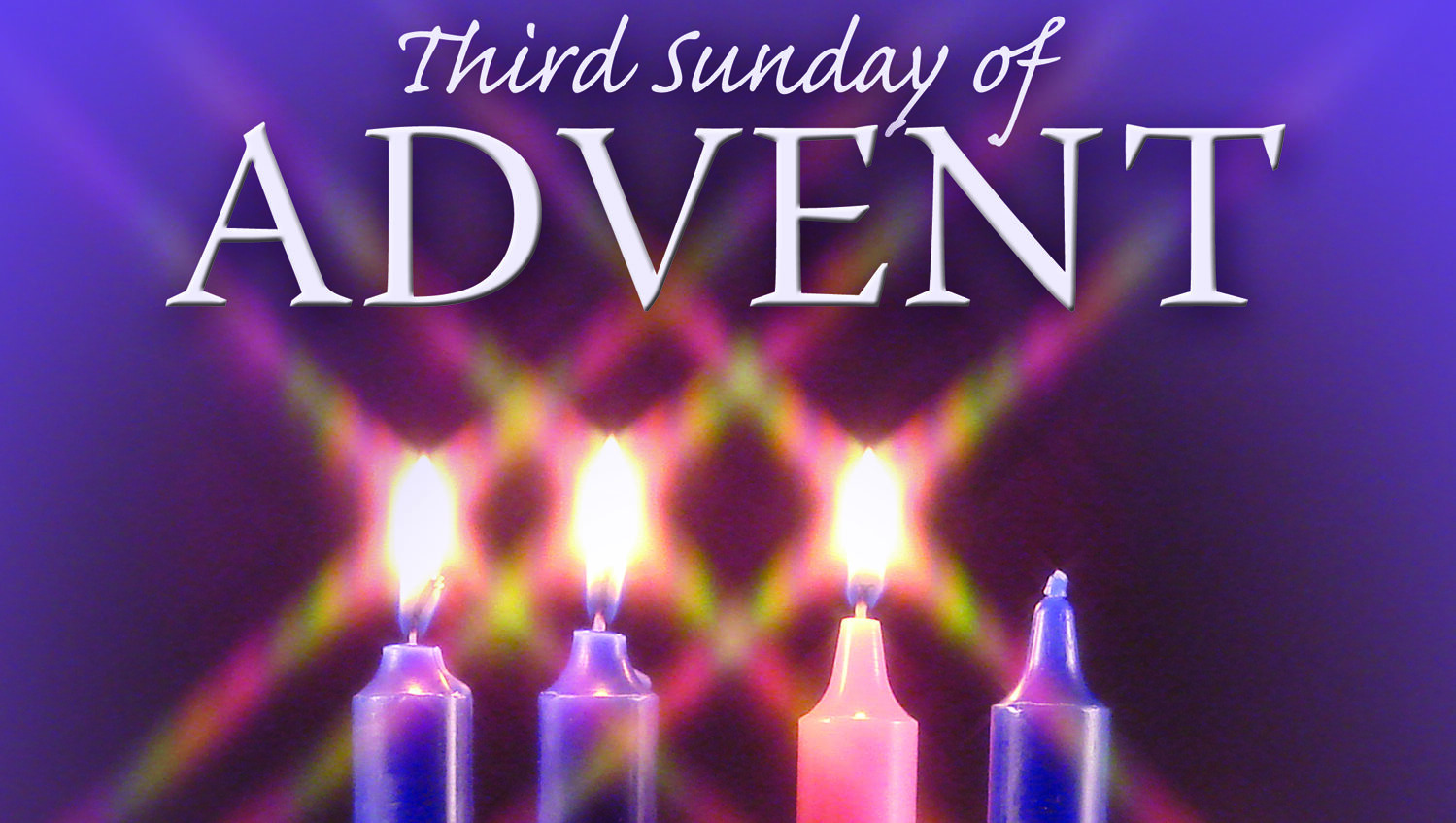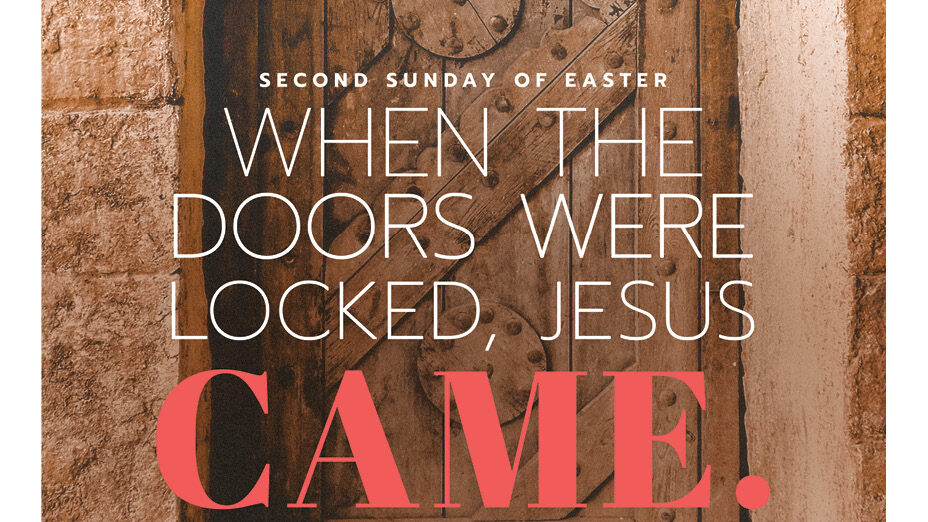December 15, 2024
Dear Parishioners,
I wonder if you have noticed that among the four candles symbolizing the four weeks of
Advent, there is a pink candle. And that pink candle is lit today, the Third Sunday of Advent.
Why is that?
Advent is a long-standing tradition of the Church. In the past, like Lent, Advent lasted 40
days, from the feast of St. Martin on November 12 to December 24. After a while, Advent was shortened to 4 weeks instead of 40 days. And like Lent, the faithful fast during Advent.
Fasting, praying, abstaining, and doing apostolic work are all actions to prepare for the
great feast of Christmas, but they do not speak of its meaning. Therefore, to remind the faithful of the main meaning of the Christmas event is the joy of salvation, in the middle of Advent, that is, the third Sunday, instead of purple, the Church uses pink, the color of joy and excitement, not only with the Advent candle but also the celebrant’s vestments are also pink. Nowadays, perhaps to save money, priests no longer wear pink vestments, because vestments are expensive and are only worn once a year. But the pink candle still remains, reminding us of the anxious waiting for the Savior of humanity. The Church also abolished fasting during Advent.
In addition, in the capital of the Church, Rome, four main basilicas are chosen as four
stations, symbolizing the four weeks of Advent. The third station, symbolizing the third Sunday, is always St. Peter’s Basilica, the largest and most important, to express the centrality of the third Sunday of Advent, Rejoice Sunday, Gaudete.
Of course, the most notable are the readings. The mood of the readings is carefully
chosen to express joyful anticipation. The prophet Zephaniah reminds us, “Shout for joy, O
daughter of Zion; shout for joy, O Israel! Rejoice, rejoice with all your heart, O daughter of
Jerusalem!” St. Paul repeats, “Rejoice in the Lord always. I will say it again: Rejoice!” The
Gospel speaks of some actions we should take to increase our joy, and what we should avoid so as not to lose it.
When we think of joy in these last months of the year, we tend to think of the attractive
gifts we will receive on Christmas Day. Psychoanalyst Erich Fromm said, “The joy of man today consists in the eagerness to look into the shops and buy things that he can afford, either in cash or in installments.” Joy is often identified with temporary excitement and comes from the outside world: a new ring, a new car, a new house, a new lover.
If joy is defined as an emotion caused by external stimuli, then it is certainly not the joy
that the prophet Zephaniah, Saint Paul, and John the Baptist spoke of on this Joyful Sunday. The daughters of Zion and the people of Israel to whom the prophet admonished them to “Shout for joy” were people in the shackles of foreign slavery and exile. As for Saint Paul, who reminded the Philippians to rejoice, he was in prison at the time. Who can rejoice in exile if joy only comes from the surroundings?
So what is the joy that the prophet and St. Paul want us to realize? The joy that the
prophet evokes is nothing other than the certainty of the faithfulness of Yahweh God, who made an everlasting covenant with Israel through the patriarchs Abraham, Isaac, Jacob, and Moses. That covenant clearly stated that if they worshiped Yahweh alone, Yahweh would send a Savior to free them, to lead them to the Promised Land, where milk and honey would flow, and their children would be as numerous as the stars in the sky and the sand on the seashore.
And the joy that St. Paul reminds us of is the peace of those who have God in their hearts,
a peace that comes from God himself, a peace that nothing can take away – not even prison,
sickness, poverty – a peace that surpasses the understanding of the intellect.
George Bernard Shaw, the great English writer, second only to William Shakespeare,
shared the same view as Zephaniah and Paul. He wrote, “The true joy of life is to find oneself
used for a noble purpose, to spend all one’s energies in that purpose before one becomes useless, to be a force of the earth and not a selfish, irritable fool, full of ills and irritability, complaining that the world does not make one happy.”
There is a superficial joy that passes quickly. But there is also a deep, overflowing joy.
For those who live in union with God, true joy strengthens us in suffering, and urges us to give in happiness. For them, nothing is unconquerable.
In the Most Holy Trinity and in solidarity with you all,
Fr. Duc




